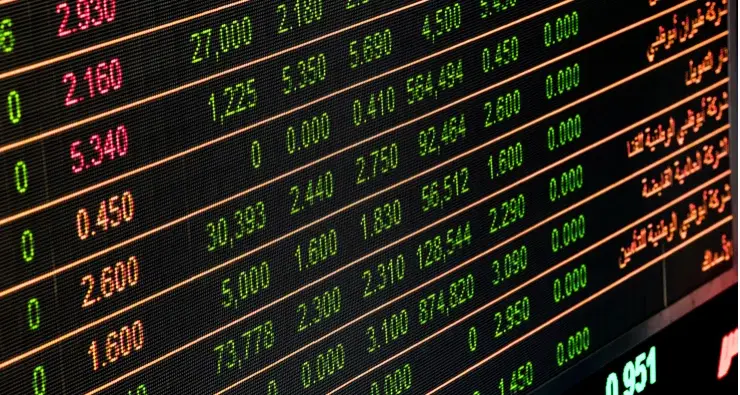Private Sector Will be Held Accountable for Climate Impacts
- Seaside Sustainability

- Apr 15, 2024
- 2 min read

We all know that the business operations that create the consumable goods that we buy and use each day are linked to emissions, but how much, and what risk does this pose to our planetary future?
A new disclosure proposal from the U.S. Securities and Exchange Commission hopes to take some of the guesswork out of those questions. The rule will require businesses to include information not only about the risks their business faces from a changing climate, but also how their own business operations contribute to climate change. The proposal has not yet gone into effect, but it's a clear sign that businesses won't be able to avoid climate accountability for long. More importantly, it's a warning to those who refuse to adapt their business practices for a warming world.
According to a The Parts per Billion Podcast about the new rule, many of the largest companies have already been complying with the new rules: reporting not only their operational emissions, but also that of their supply chain, and having a third-party auditor verify their calculations. But many mid-size firms have not yet adopted comprehensive sustainability reporting strategies. The SEC rules will be the first legally binding guidance, shifting the scene of corporate social responsibility from the voluntary to the mandatory. While not all businesses might be excited by this new rule, the fact of the matter is that climate-impacting business practices are costly, with Forbes estimating that $1.3 Trillion in revenue will be lost to climate impacts by 2026. It only makes sense that climate risks should be factored into corporate accounting.
These rules are great news not only for those who want to hold businesses accountable for their part in climate change, but for those who want to make responsible investments for our global future as well. Climate change is already happening and posing unique risks to business operations around the world. Betting on the long-term success of companies that rely on destroying the planet to make their products is a fool's gamble. Many individuals and companies are moving to ESG (Environmental, Social and Governance) investing: focusing not only on the profitability of a company, but what benefits it offers to the world. Thanks to this new SEC rule, we'll all have an easier time investing in a better, greener future.
Citations
1. SEC Proposes Rules to Enhance and Standardize Climate-Related Disclosures for Investors, U.S. Securities and Exchange Commission, https://www.sec.gov/news/press-release/2022-46
2. ESG Investors Get Big Win with New SEC Climate Rule, Parts Per Billion Podcast, Bloomberg Law https://podcasts.apple.com/us/podcast/esg-investors-get-big-win-with-new-sec-climate-rule/id1096811000?i=1000555733785
3. Climate Change will Cost Companies $1.3 Trillion by 2026, Forbes, https://www.forbes.com/sites/rosecelestin/2021/03/05/climate-change-will-cost-companies-13-trillion-by-2026/?sh=57b833ec6cdc
4. Impact of Climate Change on Business is More than You Think, World Economic Forum https://www.weforum.org/agenda/2019/11/climate-change-risk-business-regional-doing-report/
5. Environmental, Social and Governance Investing, Investor.org, https://www.investor.gov/introduction-investing/investing-basics/glossary/environmental-social-and-governance-esg-investing



